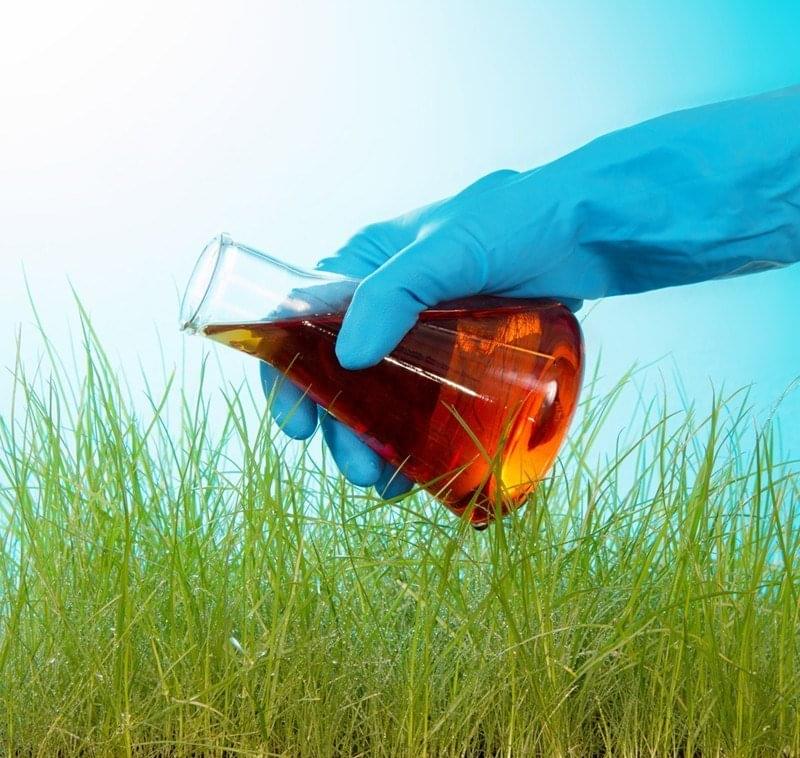Pesticides should always be handled with the proper barrier protection. Different formulations target various organisms, such as insects, rodents, algae, weeds and fungi. The U.S. Environmental Protection Agency regulates the use of all pesticides and requires chemicals that have been registered for many years to be reassessed to ensure they meet current standards.
Pesticides typically come in organic or inorganic solutions with an active ingredient. Although some pesticide formulas are less toxic than others, they are still hazardous to human health in high levels, and anyone handling these products must protect themselves. Here are some of the hazardous chemicals commonly found in pesticides and effective gloves for handling each:
Naphthalene
Naphthalene is made from crude oil, coal tar or created when other chemicals burn. It was the first registered pesticide in the U.S. in 1948. Because this chemical is found in mothballs, it has been shown to cause anemia in infants when the clothing was not washed prior to wear, according to the National Pesticide Information Center at Oregon State University. It has been linked to anemia in adults as well. Although naphthalene breaks down in the environment over time, workers should wear gloves when handling pesticides that contain this chemical.
Latex, nitrile and vinyl gloves are all resistant to naphthalene. Because these types of gloves all provide protection from this chemical, it is easier for companies to accommodate people with latex sensitivities.
Paradichlorobenzene
Another common insecticide, paradichlorobenzene causes a burning sensation on the skin after prolonged contact. Nitrile gloves are recommended protection from skin exposure to this toxin.
Capsaicin
Even naturally occurring chemicals can cause harm. Capsaicin, for example, is a naturally occurring chemical that gives chili peppers their heat. It is used to deter mites, insects and animals. While it is safe for humans to eat, it may irritate the skin or eyes upon contact, especially when highly concentrated. The effects are temporary and it is considered a safer pesticide because it is a naturally occurring substance, but skin contact may cause pain. High concentrations of capsaicin may burn through latex gloves in a short time. Nitrile gloves provide greater protection from this harsh substance.
For any pesticide, it is important to know the solution’s chemical composition and then test disposal work gloves for resistance to identify safe exposure levels. Talk to us to find the right gloves for your industry.






